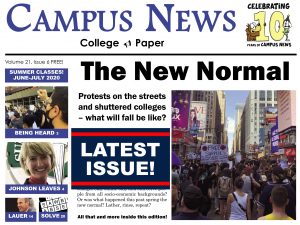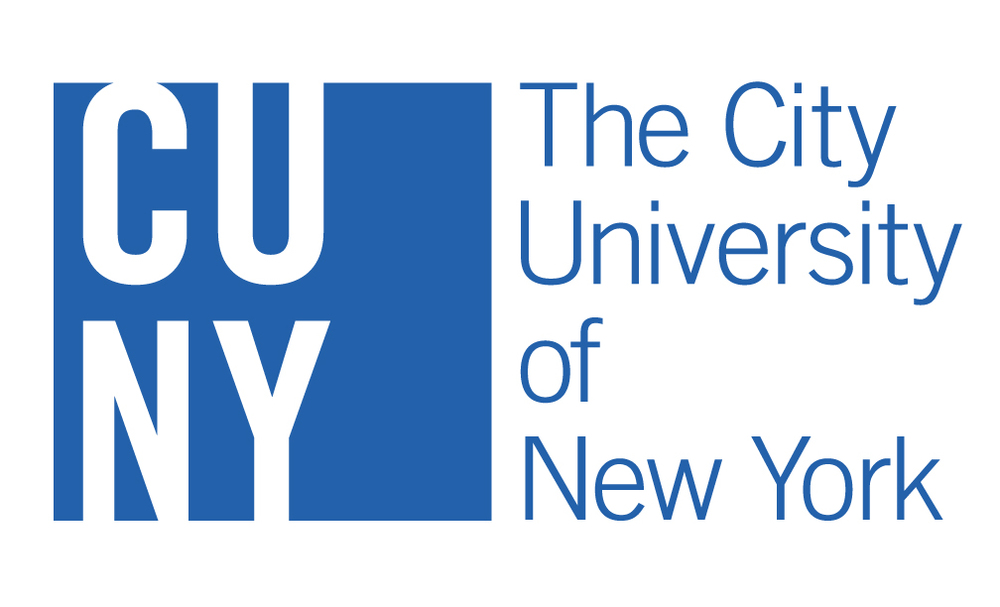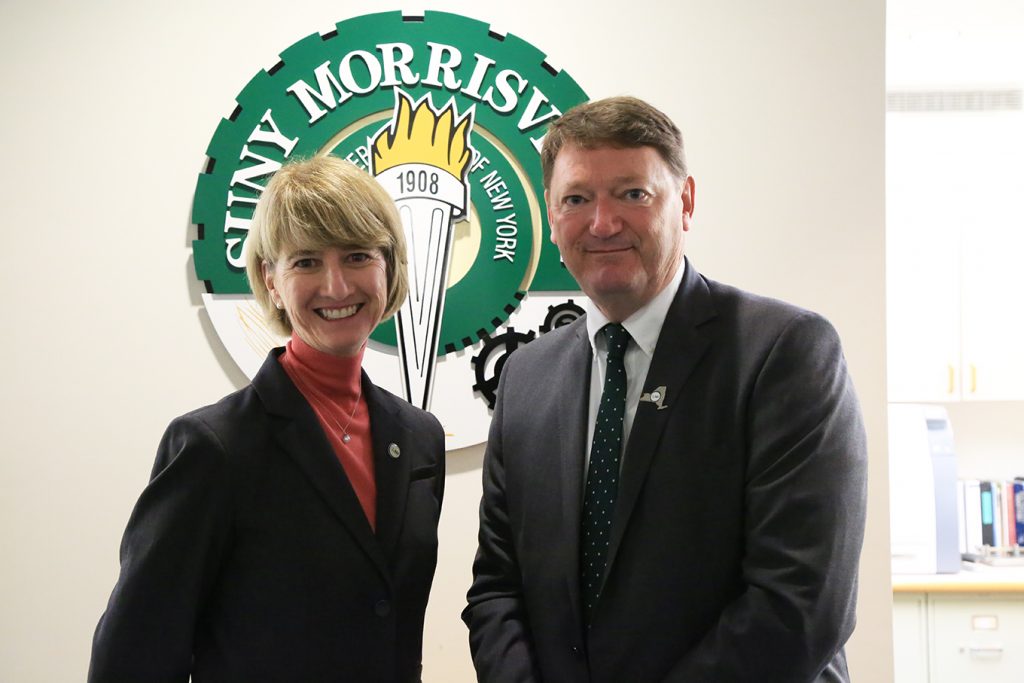A new report from the Brookings Institution ranks five of CUNY’s senior colleges and six community colleges among the top 10 four-year and two-year colleges nationwide with the greatest success in lifting low-income students into the middle class. Three other CUNY senior colleges were ranked in the top 25.
The report is the latest confirmation of research over the past three years establishing CUNY as the nation’s leading engine of social and economic mobility.
“CUNY has throughout its history been a beacon of access, opportunity and economic mobility for all New Yorkers, and we are proud that in recent years we have been especially focused on helping students from the lowest income levels join the middle class,” said Chancellor Félix Matos Rodríguez. “Social mobility is increasingly the gold-standard measure of colleges’ value and the Brookings report is further affirmation of CUNY’s record of success.”

In the Brookings “bottom-to-top” rankings, Baruch College was ranked second nationwide, Lehman College fourth, John Jay College of Criminal Justice fifth, Brooklyn College ninth and the New York City College of Technology tenth. Three other CUNY senior colleges — Hunter, Queens and York — were ranked in the top 25. Baruch was also first among all public four-year colleges in the nation.
Six CUNY community colleges, meanwhile, were in the top 10 for two-year colleges: Borough of Manhattan Community College was ranked third, Hostos fourth, La Guardia fifth, Queensborough sixth, Bronx eighth and Kingsborough tenth.
The Brookings “Middle Class Mobility” report used the same data and similar methodology as a pioneering and widely cited 2017 study led by economist Raj Chetty, who was then at Stanford and is now at Harvard. The study assessed data for more than 1,600 colleges and ranked the schools according to the percentage of their graduates who came from families in the bottom 20 percent of income level and eventually reached the top 20 percent for individual earnings. The study also built on the Chetty team’s social mobility research by assessing colleges’ success in helping students from middle-income families move up the economic ladder.
The Brookings study drew on publicly available data from the U.S. Department of Education that the Chetty study used to assess colleges’ impact on social mobility. That study created a database of family income for more than 30 million college students from 1999 to 2013, based on anonymous tax and financial aid information, and tracked their earnings over the decade after they graduated. The Brookings report, led by Sarah Reber, an economist and professor of public policy at UCLA, used that database and similar methodology to expand the research to include students from middle-class families, those with incomes in the top 40 to 60 percent.
Almost half of CUNY’s students come from households earning less than $20,000. Over the past two years the University’s social-mobility track record has been cited in college rankings by Money magazine, The Chronicle of Higher Education and others.








Facebook Comments